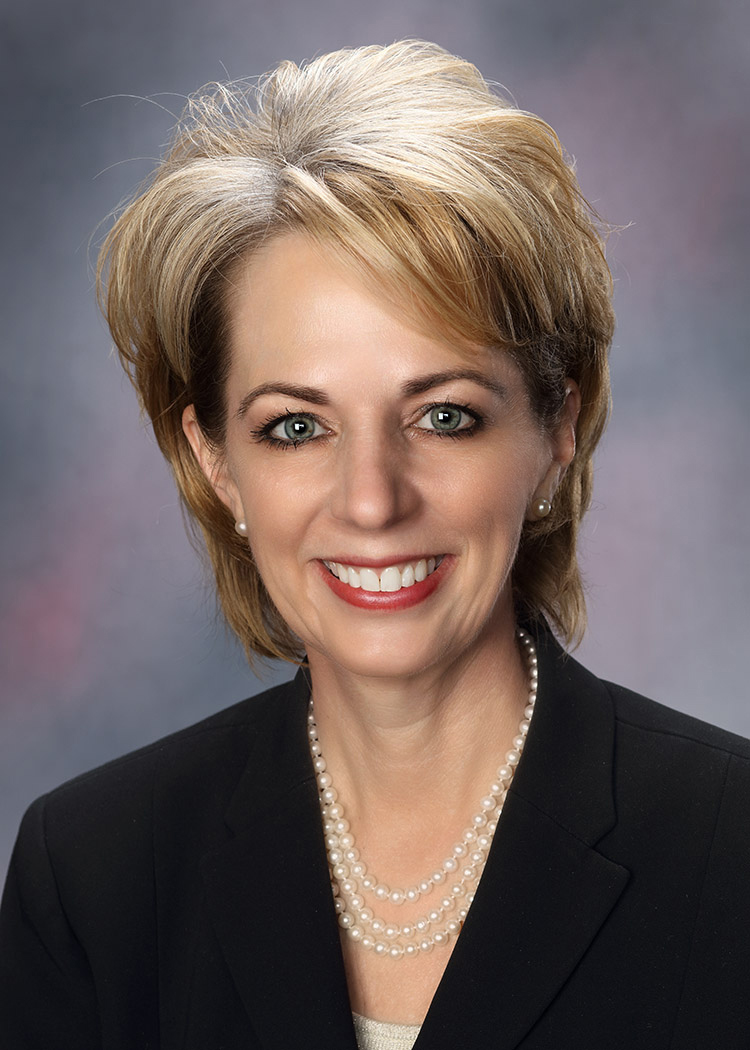
How did you spend your summer? I love asking faculty that question as they return to campus for a new academic year. Commencement may seem like a time for faculty to sit back, reflect, and relax – but for our faculty, nothing could be further from the truth! You may be surprised what they have been up to and how full their lives are during “break.”
Of course, several faculty continue to teach throughout the summer – which is essential as this summer we experienced another record enrollment with 5,347 students taking summer classes!
One summer program we always look forward to is our on-campus, four-day introduction course for our highly successful Transition to Teaching (T2T) pathway for professionals who have a college degree but not a license to teach. Through T2T these individuals can start teaching immediately while completing the courses for licensure. Over the years, this enrollment has grown from six students to more than 150!
Geoscience faculty were very busy during May and June leading field trips. Their activities included: Storm chasing across 10 states from Oklahoma to Montana and Minnesota; Geology Field Camp in Utah and Colorado; study abroad to Italy and Switzerland; and a cave and water-resource trip to the island of San Salvador in the Bahamas.
Dr. Terry Crull led a group of students on a choral tour of Austria. I understand it was remarkable, but a favorite story is from right here in the U.S.A. During a layover in Philadelphia, Dr. Crull went into a Philly cheesesteak joint for lunch. The waitress saw his FHSU shirt and said, “I go there!” She told him she is an online student in hospitality and tourism. Later he took the whole FHSU choir into her restaurant and they sang the University Hymn for her.
Kelly Cole, nursing, spent time as a student herself a working on her doctorate while teaching summer classes. Carolyn Anderson is also completing her doctorate and spent the summer coding and analyzing data for her dissertation “Stakeholders Perspectives of Value Creation and Risk.”
Jesse Jacobs, economics, finance and accounting, traveled to Washington, D.C., to complete classes and receive his designation as a Certified Business Economist.
Another geosciences professor, Dr. Richard Lisichenko, spent the summer preparing for – and passing – the FAA Remote Pilot certification exam. He said that preparing for the exam took more time and effort than he expected, but every now and then faculty need to be reminded what it feels like to be a student! Well said, Dr. Lisichenko.
Dr. Bill Stark, biology, also spent time developing elements of a drone program over the summer. He is developing both flight training and aerial imagery data collection modules for a course he will teach this fall. Over the last three years, support for the equipment and training has been provided in large part by a $700,000 USDA grant received by the departments of Biological Sciences and Agriculture.
Ten faculty members from the Department of Leadership Studies attended the annual Association of Leadership Educators conference, including four who teach in our Chinese partnership programs. Out of those 10, FHSU had six peer-reviewed presentations, including one research poster, one innovative practice paper presentation, one research paper presentation, one educator workshop, and two roundtable presentations.
Dr. Connie Eigenmann, communication studies, spent her summer writing several books with professional co-authors in California, Tennessee, Illinois and Kansas, including Electronic Communication in Developing Countries: A World of Difference, Vol. 3; The Vanishing American Family; and Cousin Derrick.
Librarian Claire Nickerson was part of the American Library Association’s 2018 Emerging Leaders cohort. She worked with a team of four other librarians across the country to develop a website designed to teach librarians how to work with data.
Students also engaged in scholarship this summer. Biology student Zoey Wallis, Littleton, Colo., senior, spent her summer on a research experience for undergraduates at the University of Massachusetts in Boston. This is an extremely competitive position that covers living expenses and a stipend for 10 weeks in the summer to do biomedical research at a large university. She was selected from a nationwide pool of applicants.
Meanwhile back in Hays, staff in the Office of Global Partnerships hosted summer camps for more than 50 international students and 35 foreign faculty from four Chinese partner universities to introduce them to American culture, improve their English, and give them experience in classroom teaching.
As the English Department’s international coordinator, Jason Harper is always looking for opportunities to improve our curriculum in China. So in May, he traveled to two partner campuses – Sias International University and Shenyang Normal University – to conduct English Composition Outcome Assessments.
These are just a few examples. Our faculty, staff and students, and the energy they bring to living and leading full lives, make me proud. They model the phrase “life-long learners.” Most them will probably need a summer vacation from their vacation!
